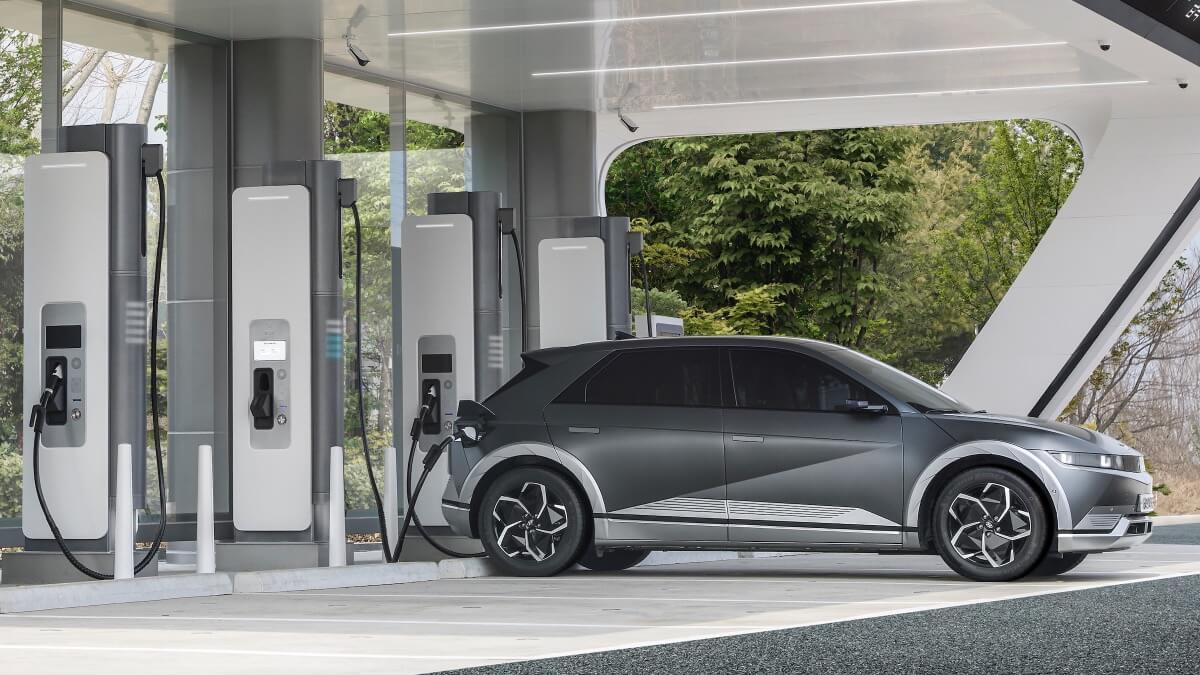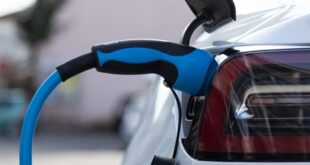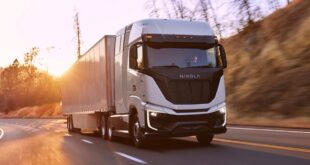The Korean manufacturer wants to beat Tesla at its own game.
It’s no secret that Tesla currently owns the industry-leading supercharging network across the globe. So much so that many car manufacturers, including Ford, Lincoln, Rivian, Mercedes-Benz, Nissan, Volvo, and the whole General Motors family, now support Tesla NACS. However, South Korean carmakers don’t intend to play along with their Silicon Valley competitors.
Indeed, Hyundai Motor Group, consisting of Hyundai, Kia, and Genesis, plans to take a different path by launching its own ultra-fast 350-kilowatt DC charging network.
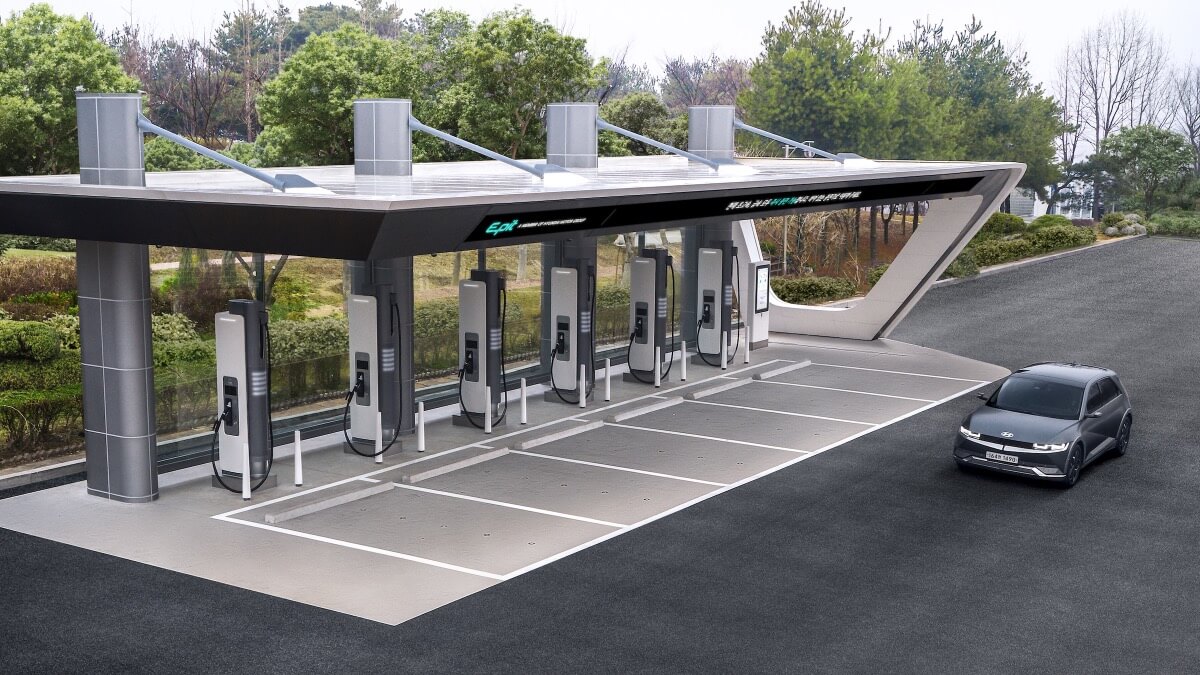
According to KED Global, the automotive giant will rely on Hyundai Kefico Corp, which, despite mainly producing parts such as ECUs and transmissions, is set to launch a new EV charger this year under certification from the Korean government. The plan was unveiled back in 2021 when Hyundai Motor Group started thinking about building high-speed electric car charging infrastructure across the country to cope with the nation’s mass transition towards electric vehicles.
As of now, the plan is to build 120 high-speed chargers under the E-pit brand, starting with 72 charging stations at 12 expressway rest areas, followed by 48 more in urban areas. What’s interesting is that the station is inspired by Formula One’s pit stop; drivers are expected to use this charging service quickly and easily.
Despite the progress deviating from its original schedule, the numbers for Hyundai’s E-pit station went up from 24 to 36. But at the same time, Tesla superchargers have increased from 33 sites to 106 throughout the nation – Hyundai needs to catch up the pace!
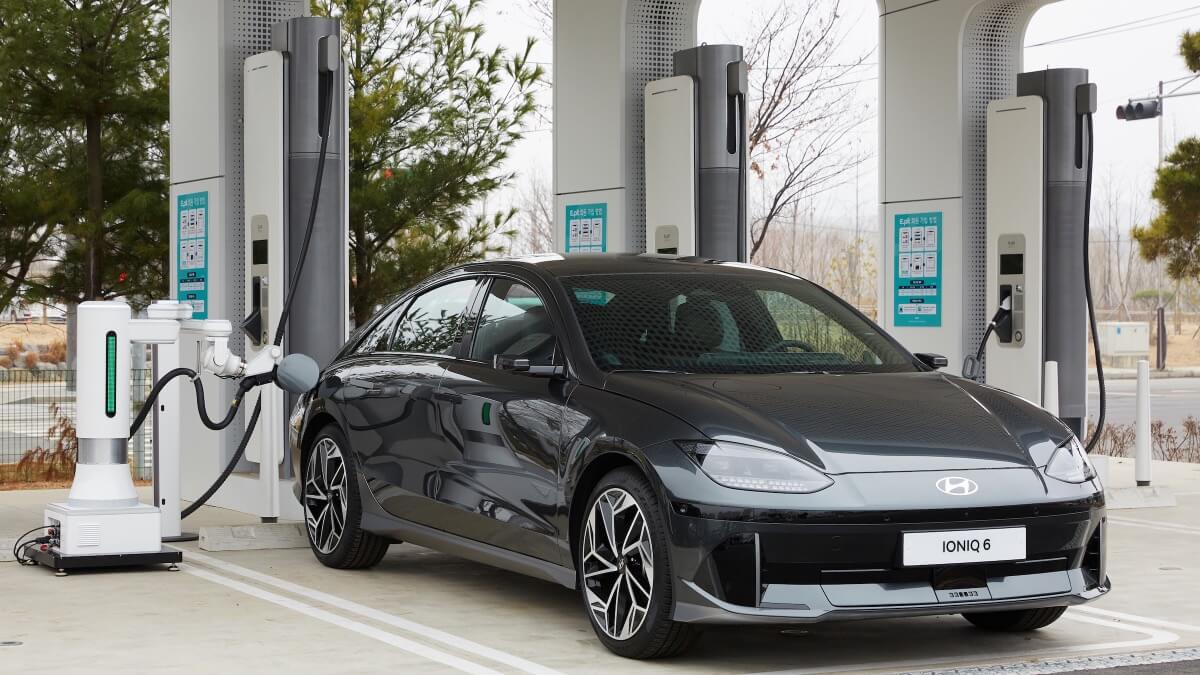
Nevertheless, the giant South Korean automotive group hasn’t stopped improving its charging stations. Every E-pit station has four to six chargers, all providing power up to 350 kilowatts. Hyundai says it could charge an EV from 10% to 80% in just 18 minutes. In comparison, Tesla NACS is only rated at 250 kilowatts at the moment.
Still, building just one charger could cost more than 150 million won or $113,000, so Hyundai has massive investments to make if it wants its E-pit to compete with Tesla’s superchargers seriously.


